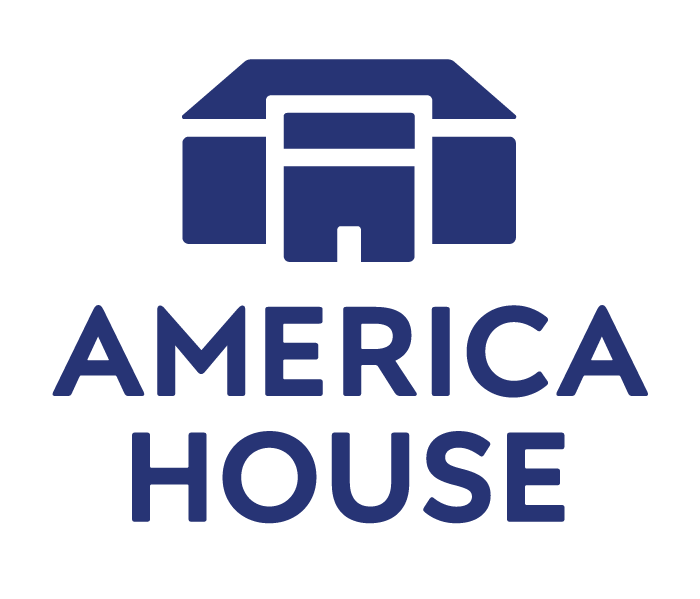The City of Brotherly Love: Philadelphia
Photo: Richard Ricciardi Flickr
Philadelphia, Pennsylvania is known as the City of Brotherly Love. Founder William Penn combined the two Greek words love (phileo) and brother (adelphos) to create the name. Today, Philadelphia is the sixth-largest city in the United States and the largest city in Pennsylvania. It is located on the eastern seaboard, only a couple hours away from New York City and a few hours away from Washington D.C. and Boston. If you ever plan to visit the east coast, you should be sure to make Philadelphia a part of your trip.
Growing up, I would take trips into the city on a regular basis. My family’s home is an hour north of Philadelphia, so I remember going to the city to celebrate the holidays, to go to the museum, and to attend conferences. Though Philadelphia is well known for its historical attractions, there is something for everyone to enjoy. Continue reading to find something that interests you!
Reading Terminal Market
At the Reading Terminal Market, there are so many food options to choose from! There are delis, ice cream shops, bakeries, and many culturally diverse restaurants. One of the most famous restaurants at the Reading Terminal Market is DiNic’s, where you can order a roast pork sandwich with broccoli raab. DiNic’s has been in the family for four generations.
Liberty Bell
The Liberty Bell is a well-known symbol of American independence from Britain. The front of the bell is inscribed with, “Proclaim Liberty Throughout All the Land Unto All the Inhabitants thereof.” The bell traveled around to various towns during the Revolutionary War to protect it from getting destroyed, and it is now housed in a glass building in Philadelphia’s Independence National Historic Park.
Photo: Britt Reints Flickr
Eastern State Penitentiary
When the Eastern State Penitentiary was completed, it was the largest and the most expensive public structure. The prison housed many notable gangsters in the early 1900, and it was fully operational until 1971. Now, it is open for historical tours and Halloween events. Do you dare to enter?
Independence Hall
Independence Hall has held many historic events. First, it was used to draft and debate the Declaration of Independence and then the United States Constitution. Later in 1915, US President Taft spoke at the Independence Hall to formally propose the League of Nations, which later evolved to become the United Nations. Independence Hall still contains most of the original furniture.
Chinatown
Philadelphia has a smaller Chinatown compared to other neighboring cities, but this doesn’t mean that there isn’t a lot to do! The Chinatown Friendship Gate welcomes visitors as they enter Chinatown. The street behind the gate is lined with bakeries and restaurants. For the Chinese New Year, the community organizes small firework displays and a parade, with the dragon dance.
Philly Cheesesteak
Last but not least, let’s talk about cheesesteak. Cheesesteak is a sandwich with melted cheese and shredded beef on a hoagie roll. It depends on how you like it, but cheesesteaks are commonly topped with onions and ketchup. There is also a certain way to order cheesteaks! If you want onions and cheese, ask for a cheesesteak “with.” If you don’t want the extra toppings, request “without.” There are a few competing restaurants where you can purchase an authentic cheesesteak: John’s, Tony Luke’s, Pat’s, and Geno’s.
Vocabulary list:
William Penn (n.): founded the colony of Pennsylvania and led the religious freedom movement for a peaceful Christian group called the Quakers
eastern seaboard (n.): a populated line of American states on the east coast
deli (n.): a shop where cold cuts, cheeses, bread, and other premade foods can be purchased
Revolutionary War (n.): the American fight against the British for independence, last from 1775 to 1783
penitentiary (n.): a prison with more security and often high profile criminals
gangster (n.): in this context, members of secret organizations that committed crimes during the 1920s through 1940s
Declaration of Independence (n.): the 1776 document that declared the United States free from the British, listed the new nation’s goals and the colonies’ grievances against the King of England
League of Nations (n.): international and intergovernmental organization that last from 1920 to 1946, precursor to the United Nations
Chinatown (n.): area that has historically been populated by Chinese immigrants, usually found in urban areas
hoagie roll (n.): Pennsylvanian dialect for what is known as a sub or hero in other parts of the country, a long loaf of bread used for making sandwiches
ABOUT THE AUTHOR
Bridgette Lang is an undergraduate student studying International Relations at Boston University. On campus, she helps run a collegiate Model United Nations Conference and manages finances for BU College Democrats. In her free time, Bridgette enjoys traveling, trying to learn Spanish, and visiting with her friends and family back home in Pennsylvania.









